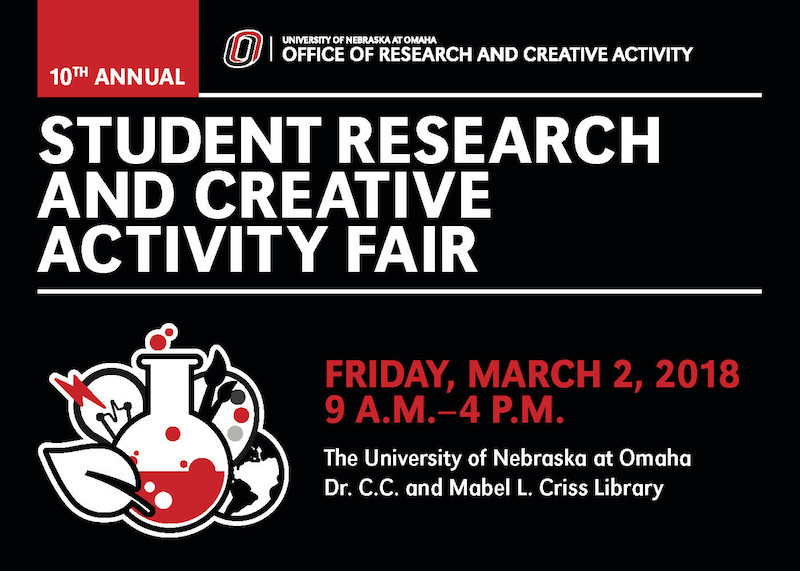
Constructive Deviance in Workplace Meetings: Predictors of Pro-Organizational and Self-Interested Technology Use
Advisor Information
Dr. Joseph Allen
Location
Dr. C.C. and Mabel L. Criss Library
Presentation Type
Poster
Start Date
2-3-2018 2:15 PM
End Date
2-3-2018 3:30 PM
Abstract
Workplace meetings hold the potential to enable employees to further organizational objectives. Yet, meetings that are viewed as a distraction may lead employees engage in behaviors that are not conducive to meeting success. Due to meeting attendee frustration, which may be manifested in feelings of hate, one form of counterproductive meeting behavior that attendees may engage in is deviant technology use, of a pro-organizational or self-interested nature. However, whether hate towards meetings results in deviant technology use may also depend on individual differences in personality characteristics, such as a person’s degree of conscientiousness, agreeableness, and negative affectivity. Furthermore, the moderating influence of these characteristics may also depend on the purpose of the technology use. This research is aimed at developing a greater understanding of how individual differences, namely personality traits, play a role in meeting behavior. Our findings indicate that meeting hate is positively associated with both pro-organizational and self-interested technology use. This relationship between meeting hate and deviant technology use was found to be stronger for individuals possessing lower levels of conscientiousness or higher levels of agreeableness. Furthermore, attendees’ negative affectivity also moderated the relationship between meeting hate and self-interested technology use (but not pro-organizational technology use), such that the positive relationship is stronger for individuals possessing high levels of negative affectivity. We discuss implications for managers and meeting attendees.
Constructive Deviance in Workplace Meetings: Predictors of Pro-Organizational and Self-Interested Technology Use
Dr. C.C. and Mabel L. Criss Library
Workplace meetings hold the potential to enable employees to further organizational objectives. Yet, meetings that are viewed as a distraction may lead employees engage in behaviors that are not conducive to meeting success. Due to meeting attendee frustration, which may be manifested in feelings of hate, one form of counterproductive meeting behavior that attendees may engage in is deviant technology use, of a pro-organizational or self-interested nature. However, whether hate towards meetings results in deviant technology use may also depend on individual differences in personality characteristics, such as a person’s degree of conscientiousness, agreeableness, and negative affectivity. Furthermore, the moderating influence of these characteristics may also depend on the purpose of the technology use. This research is aimed at developing a greater understanding of how individual differences, namely personality traits, play a role in meeting behavior. Our findings indicate that meeting hate is positively associated with both pro-organizational and self-interested technology use. This relationship between meeting hate and deviant technology use was found to be stronger for individuals possessing lower levels of conscientiousness or higher levels of agreeableness. Furthermore, attendees’ negative affectivity also moderated the relationship between meeting hate and self-interested technology use (but not pro-organizational technology use), such that the positive relationship is stronger for individuals possessing high levels of negative affectivity. We discuss implications for managers and meeting attendees.
